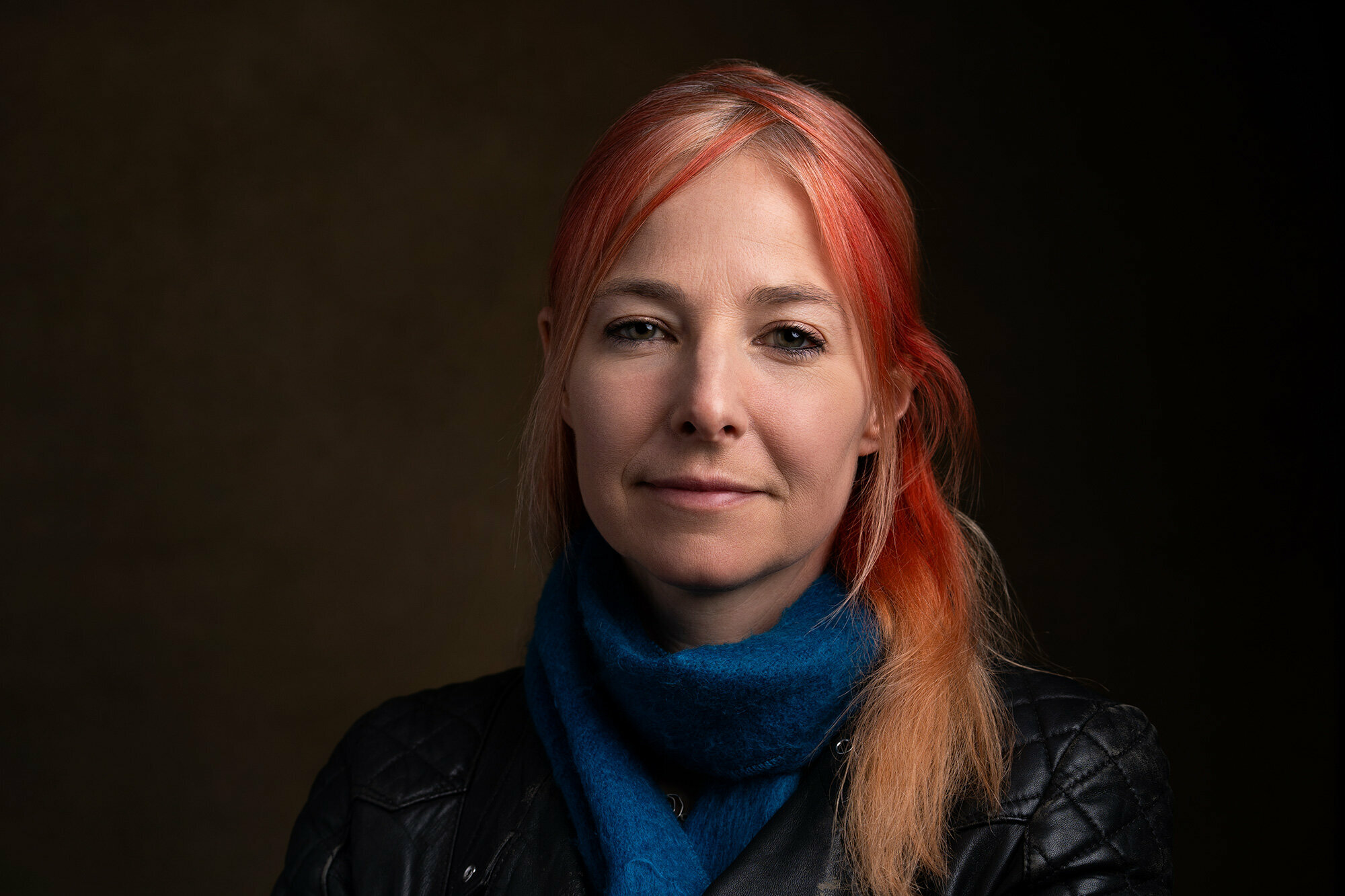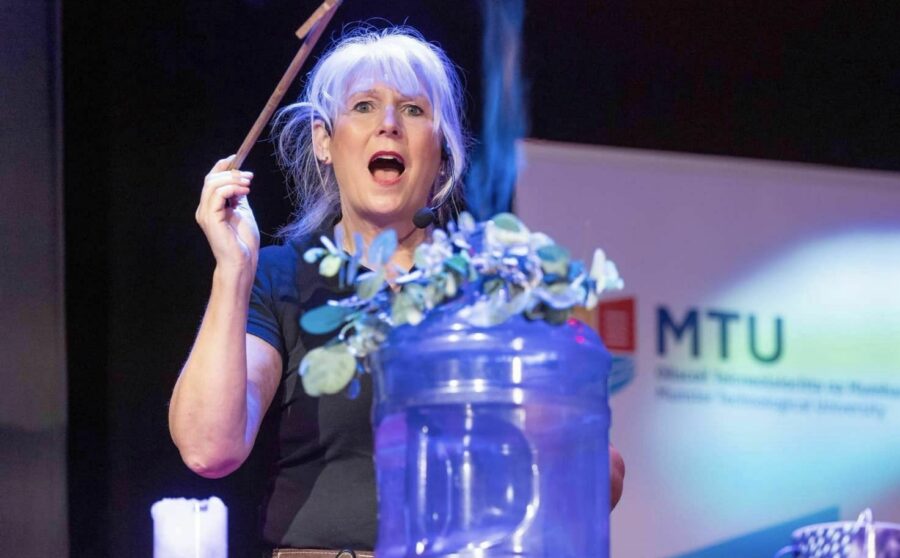Alice Roberts - Crypt: Life, Death and Disease in the Middle Ages and Beyond

Event Description
Professor Alice Roberts is a biological anthropologist, author and broadcaster. She has presented well over a hundred television programmes, on subjects ranging from biology and archaeology and history. Join Alice as she talks about her new book, Crypt: Life, Death and Disease in the Middle Ages and Beyond, looking at how ancient bones hold the key to understanding the impact of violence and disease in mediaeval society.
The stories in this book are not comforting tales; there’s a focus on pathology, on disease and injury, and the experience of human suffering in the past. We learn of an episode of terrible brutality, when hate speech unleashed a tide of violence against an ethnic minority; of the devastation caused by incurable epidemics sweeping through medieval Europe; of a protracted battle between Church and State for the heart of England – a battle that saw the most famous tomb in the country created and destroyed; and a tumultuous story, forged in the heat of warfare, that takes us out of the Middle Ages into the sixteenth century and the reign of Henry VIII.
In the Middle Ages, there’s barely a written note for most people’s lives. The information we can extract from archaeological human remains represents is an essential tool for understanding our history. Most of these dead will remain anonymous. But, in the thrilling final chapter, Professor Roberts introduces an individual whose life and bones were marked by chronic debilitating disease – and whose name might just be found in history…
Alice will be signing copies of the new book after the talk.
About
Professor Alice Roberts is an academic, author and broadcaster, specialising in human anatomy, physiology, evolution, archaeology and history. In 2001, Alice made her television debut on Channel 4's Time Team, and went on to write and present The Incredible Human Journey, Origins of Us and Ice Age Giants on BBC2. She is also the presenter of the popular TV series Digging for Britain. Alice has been a Professor of Public Engagement with Science at the University of Birmingham since 2012.
Ticket Deal - Book for Alice Roberts, Wonderdog with Jules Howard, The Future of Forensic Science with Niamh Nic Diead and Not Just For The Boys with Athene Donald and get £5 off the total price* *Discount automatically added at checkout!
You might like these too…
Want to see more?
View all events